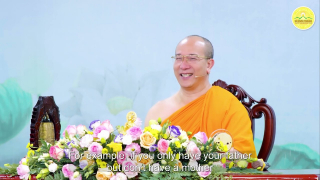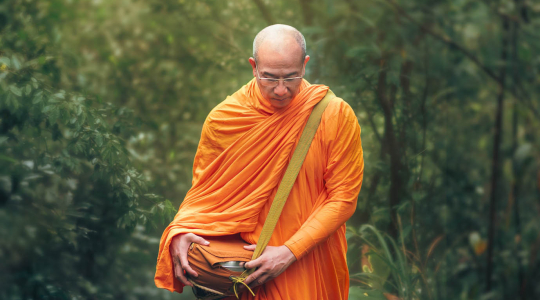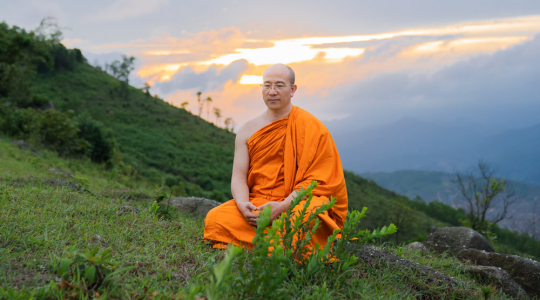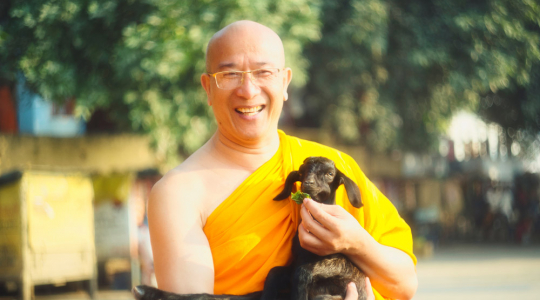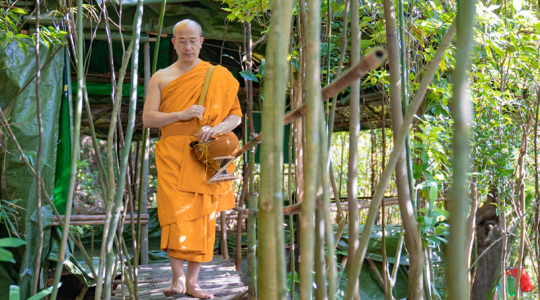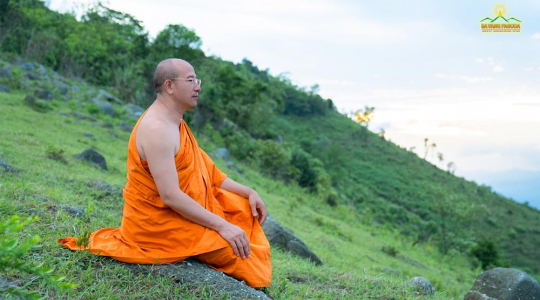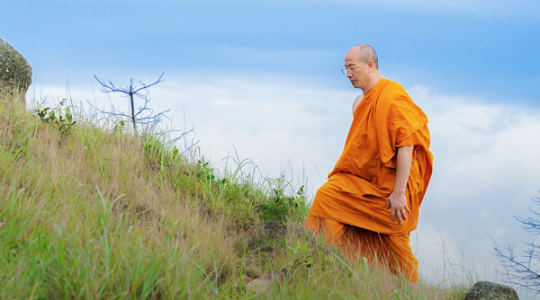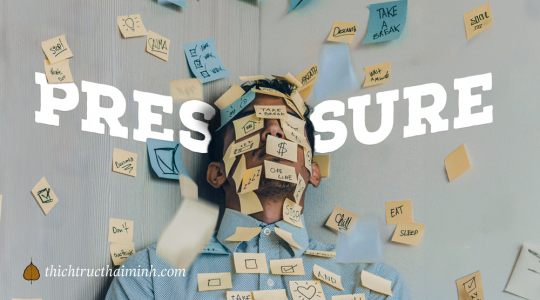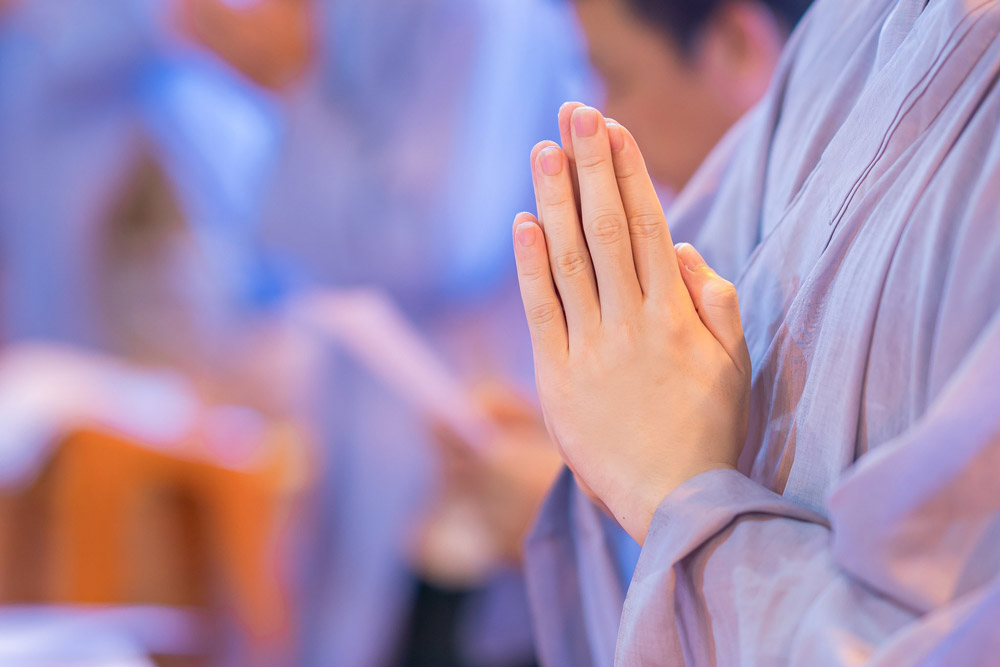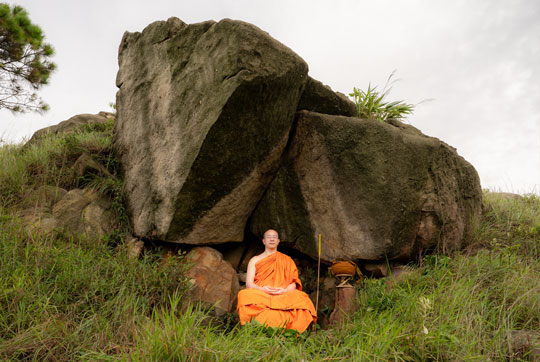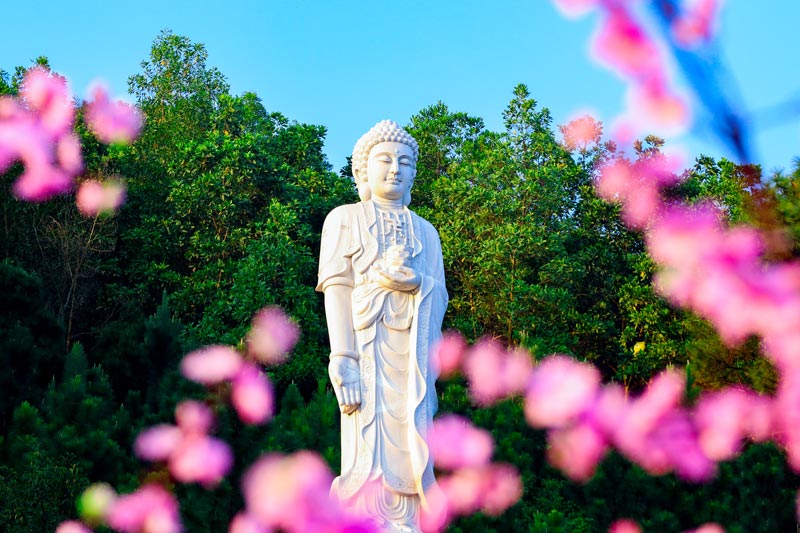Don’t be happy when praised and don’t be sad when criticized
When confronted with public criticism and compliments, we need to calm down and reflect on our own actions. If what we do, according to the Dharma, benefits sentient beings, helps them gain happiness, peace and enlightenment, and does no harm to ourselves as well as others, we should perform those deeds despite fierce criticism we may face. As Buddhists, our primary goal is to benefit sentient beings and help them attain enlightenment. Meanwhile, in casual life, people should also aim to live for the sake of others' righteous benefits.
Many people have pursued the philosophy that “Whatever other people might say, I still stick to my own deeds as long as they are beneficial for the majority”. Not all the deeds can bear fruit immediately, sometimes their benefits may take five, ten or even twenty years to be visible. Therefore, we need to maintain our perseverance and adopt a clear stance when facing both flattery and criticism.
In this life, criticism is inevitable no matter how excellent a person can be and no one can solely receive compliments. Hence, we should never aim to be praised because living for compliments will only cause us to suffer throughout our lifetime. Accordingly, we need to live with both compliments and criticism, calmly walk through them, and take advantage of them to improve ourselves. When complimented, we need to look back on ourselves; if at that time, we become arrogant, it will only lead us to failure. Meanwhile, when criticized, we should reflect on our own to draw valuable lessons and look inwards so that we can enhance our inner force and firmness in life. A person who knows how to cultivate themself and learn can always progress under any circumstance. That is the spirit of a genuine Buddhist. I hope that you will practice the Buddha's teachings to stand firm amid fierce waves of criticism and compliments in your life.
(According to Thay Thich Truc Thai Minh in his Dharma-sharing video of “Tips to overcome pressure and criticism”.)
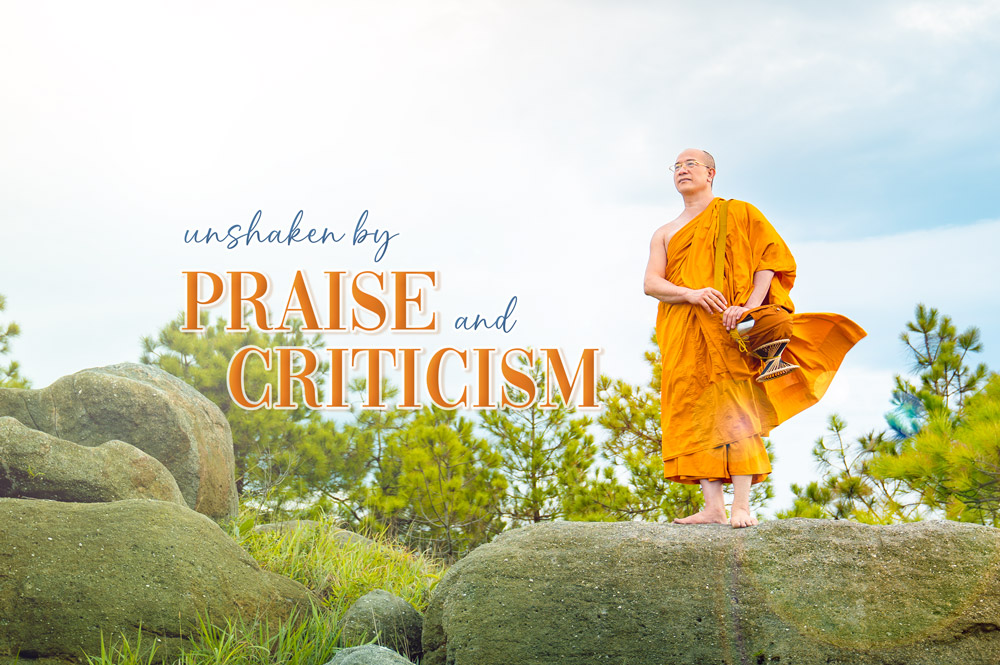
Unshaken by praise and criticism



